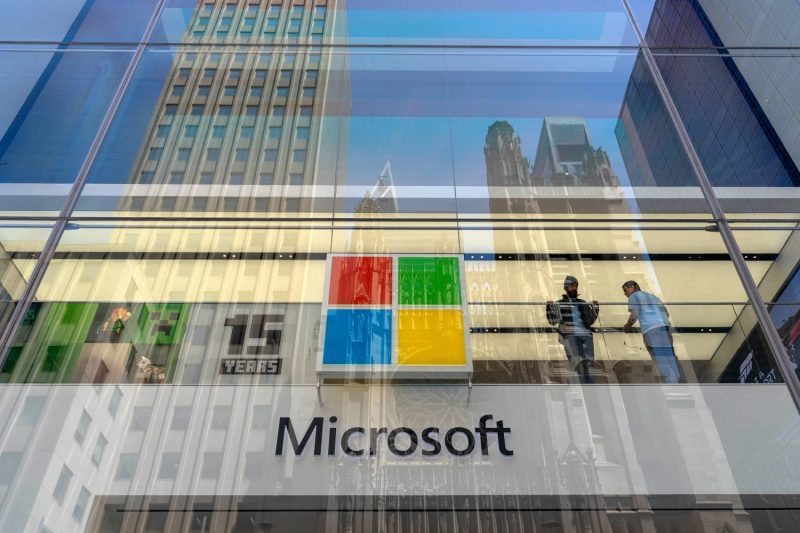
FTC Unleashes Sweeping Antitrust Probe on Microsoft: A Deep Dive into Corporate Power?
The Federal Trade Commission (FTC) has recently launched a comprehensive antitrust investigation into Microsoft, a tech giant recognized for its role in revolutionizing the computer software industry. The move is arguably seen as a means of checking big tech firms’ overwhelming supremacy and influence in the technology industry. This landmark investigation is designed to scrutinize Microsoft’s potentially anti-competitive business practices and is shaping up to be one of the most critical examinations of corporate power in the internet era.
Microsoft, a global technology behemoth with an estimated value of over $2 trillion, has attracted the attention of competition watchdogs due to its renowned position in the global tech industry. Microsoft’s operation covers a breadth of interests, including cloud services, computing systems, artificial intelligence (AI), digital content creation, and internet search. The FTC’s study aims to ensure that the company’s broad array of services does not stifle competition or restrict market entries for up-and-coming technology firms.
Particular focus of the investigation is said to be aimed at the company’s cloud services division, Azure. Azure has rapidly grown, claiming a significant portion of the global cloud infrastructure marketplace. Its focus on providing digital services to a wide range of business sectors, including corporate conglomerates, small enterprises, and government agencies, has led observers to consider it a dominant force that may curb the growth opportunities for younger firms.
The FTC’s investigation into Microsoft is part of a broader antitrust dragnet currently ensnaring several big-name tech companies. This wave of investigations concerns the broader matter of whether these firms have grown so powerful that they distort competition in the space wherein they operate. Accordingly, the FTC’s move does not imply a formal accusation at this stage, but rather constitutes an official inquiry into whether any consumer harm has stemmed from the tech giant’s business practices and operations.
The FTC has declined to comment on the specifics of the investigation. However, it has been established that its primary interest lies in understanding whether Microsoft has unlawfully suppressed competition in the technology marketplace via its business tactics. This includes examination of allegations that Microsoft has engaged in tactics such as self-preferencing, where a dominant company could favor its products and services over those of its competitors. Moreover, there is also a focus on Microsoft’s acquisitions, especially of gaming companies, which could potentially consolidate its dominance in this lucrative industry.
With the FTC’s ongoing commitment towards regulatory oversight of Big Tech, this investigation serves as a catalyst to bring about a transformation in monopolistic behaviors, should they be found. The agency’s commitment to protecting consumer interests and promoting healthy competition by checking possible monopolistic tendencies is undeniably driving the investigation.
Antitrust investigations, such as the one facing Microsoft, are complicated and do not typically resolve quickly. Therefore, it will undoubtedly be some time before any conclusive results or actions take place. However, the FTC’s determination to probe thoroughly into the activities of Market Giants like Microsoft reinforces its stand against any form of restrictive trade practices, regardless of the influential stature of the companies concerned.
The outcome of this investigation will hold significant implications not only for Microsoft but for the wider technology industry. This development indicates a growing concern about the influence and power of Big Tech, flying a flag of caution for other giants within the industry. The conduct and outcome of the FTC’s investigation will play a vital role in shaping the future of fair competition within the technology arena.
